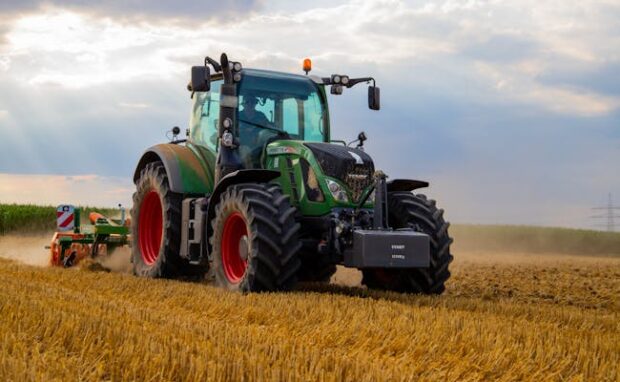Scientists grow beef in rice to make hybrid food
The global population continues to grow, meaning we would need more food to sustain everyone.
Unfortunately, conventional food production will require us to use more land for crops and livestock and leave more waste. That is why scientists have been exploring other ways to make food more sustainable.
Researchers from Korea’s Yonsei University claim they’ve found a potential solution: hybrid food. They cultivated beef fat and muscle inside grains of rice to create pink, sticky grains. The process only requires a laboratory, meaning it might become a new type of sustenance worldwide. Also, it might work as emergency rations or space food.
How did they make hybrid food?

ScienceAlert says biological cells require a scaffolding that shapes tissue as it grows. That is why scientists use an artificial matrix for tissues and organs.
The Korean scientists mimicked that structure with rice to produce hybrid food. They thought that rice was so porous that could become that biological scaffolding.
First, they coated rice grains with food-grade fish gelatin and food enzymes. This method maximized the amount of cellular material that clings and grows on the rice.
Then, they seeded the rice grains with cow muscle and fat stem cells. Next, they let them grow in a petri dish for 9 to 11 days.
The researchers tested the glutinous mixture to study its structure and nutritional content. Consequently, they discovered the beef-rice combo was firmer and more brittle than normal rice.
The experimental rice had significantly more fat and protein. Specifically, it had 8% more protein and 7% more fat than regular rice.
ScienceAlert admits it might not seem a significant amount. However, a few adjustments could enhance the nutritional value dramatically.
The researchers say the hybrid food would be more affordable to produce than beef per gram of protein, based on gas emissions and budget. Also, they said its unique odor could open new culinary opportunities for chefs.
READ: Is climate change harming rice consumption?
Nowadays, they are refining and shortening the production process. Moreover, they are testing how to put more cellular material into the rice grains.
“I didn’t expect the cells to grow so well in the rice,” biomolecular engineer Sohyeon Park said.
“Now I see a world of possibilities for this grain-based hybrid food. It could one day serve as food relief for famine, military ration, or even space food.”
How is AI improving food production?

We often think of farming as manual labor that requires getting down and dirty, so how will that mix with artificial intelligence? Yet, recent advances made that possible.
For example, the Farmers Business Network in San Carlos, California, uses AI systems to analyze massive amounts of data. As a result, they help local farmers accurately predict what to plant, when to plant, and other conditions.
These AI predictions give farmers a higher chance of gaining yields and profiting from their crops. It’s like using a crystal ball that uses grounded science instead of fantastical hocus pocus.
Modern farmers also use AI-powered drones to automate planting crops. They automatically scatter crops neatly across a field to facilitate planting.
Harvesting has also become faster and easier as AI-powered robots can pick fruits and vegetables. Israel deployed this system in response to a farmhand shortage.
READ: Is farm-free food possible?
Artificial intelligence also improves how modern farms function. For example, AI agriculture firm Cainthus uses technology to analyze livestock behavior.
They detect patterns that may indicate stress and illness. Another AI farming company named Connecterra tracks dairy cow movement and health.
These artificial intelligence solutions enable farmers to better care for their animals. As a result, they ensure animals produce high-quality livestock and other products.